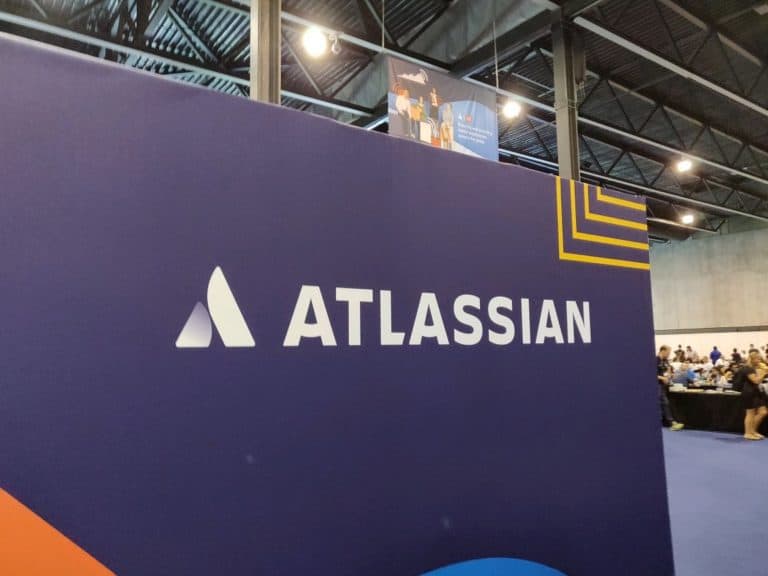Praqma, channel partner of Atlassian, has announced the launch of Atlassian Software in Kubernetes (ASK), reports TechCrunch. This new solution allows enterprises to run their on premise applications as Jira Data Center and manage them as containers, using Kubernetes.
Containers are increasingly becoming the distribution medium of choice for many sellers. Enterprises are therefore increasingly moving their existing applications to containers, making it logical that they expect to be able to manage their existing third party on premise applications in the same systems. Praqma is jumping on that now.
ASK
Running a Data Center application and ensuring high availability can be a lot of work with current methods, says Praqma. With ASK and containerization of the applications, scaling and management needs to be simplified. It should also become easier to avoid downtime.
“Availability is important with ASK. Automation keeps important applications running, no matter what,” says the Praqma team. For example, if a Jira server no longer works, the Data Center must automatically redirect traffic to healthy servers. When an application or a server crashes, Kubernetes immediately starts to bring up a new application. “There are also zero downtime upgrades for Jira.”
Praqma’s new solution is to scale and handle most of the admins’ tasks. It also offers a monitoring solution based on the open source Grafana and Prometheus projects. ASK becomes available as open source.
Jira
Atlassian’s main product is the Jira software, which makes it possible to follow software developments. In March, the company announced the acquisition of AgileCraft as a supplement to the Jira tools. The two companies fit well together because the AgileCraft software has been developed to work with the Jira tools. AgileCraft creates tools for mapping and tracking business projects.
The acquisition involved an amount of 166 million dollars.
This news article was automatically translated from Dutch to give Techzine.eu a head start. All news articles after September 1, 2019 are written in native English and NOT translated. All our background stories are written in native English as well. For more information read our launch article.